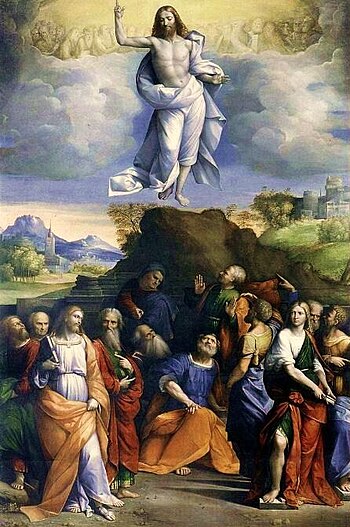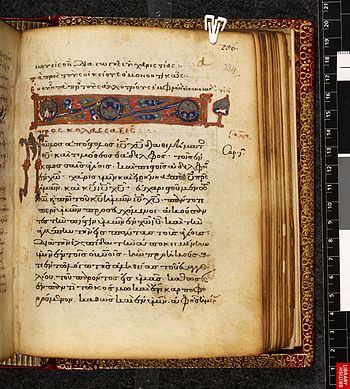Ascension Day celebrates Jesus’ ascension to heaven after he was resurrected on Easter Day. On Easter Sunday, the tomb was found empty. During the forty days which followed that first Easter, Jesus kept appearing to his followers. Ascension Day marks the last appearance of Jesus to the disciples after his resurrection at Easter. The name ‘ascension’ comes from the accounts in the Bible in Mark’s Gospel and Luke’s Gospel that tell of Jesus being taken up into heaven – he ascended. Jesus told his disciples that he would always be with them, and promised them the gift of the Holy Spirit (at Pentecost).
Ascension Day is the 40th day after Easter Sunday and always falls on a Thursday (hence its other name Holy Thursday). It marks the end of Rogation tide.”





